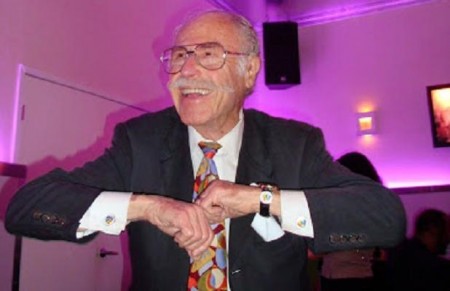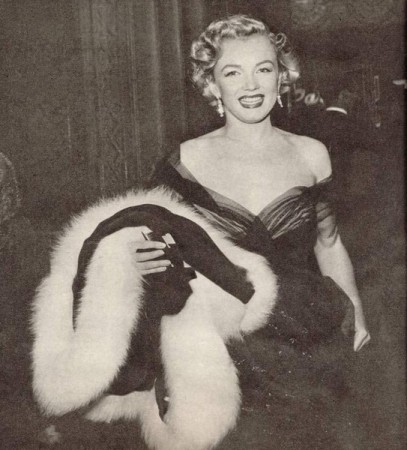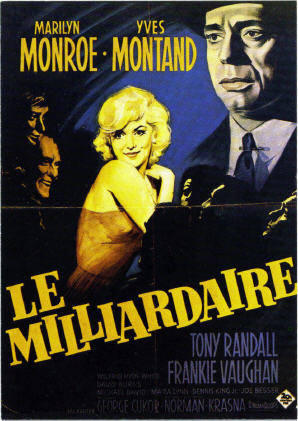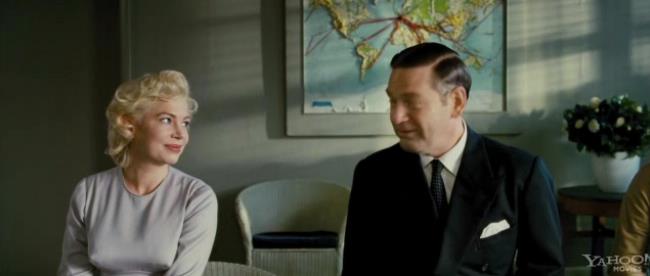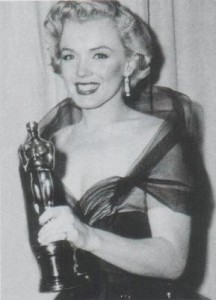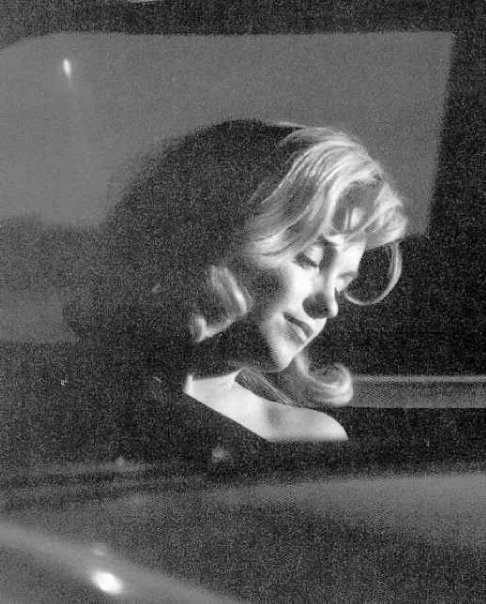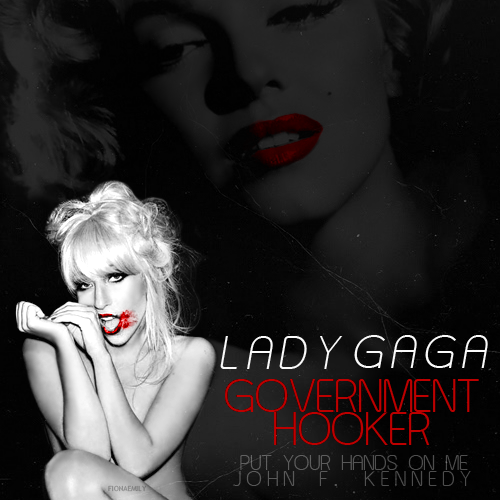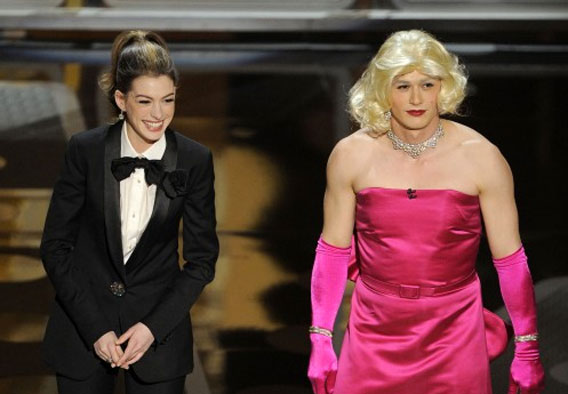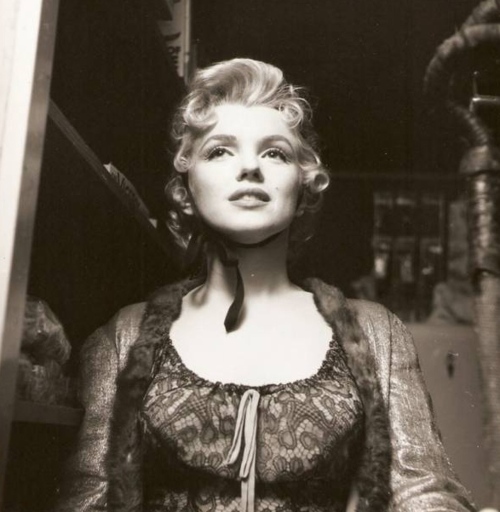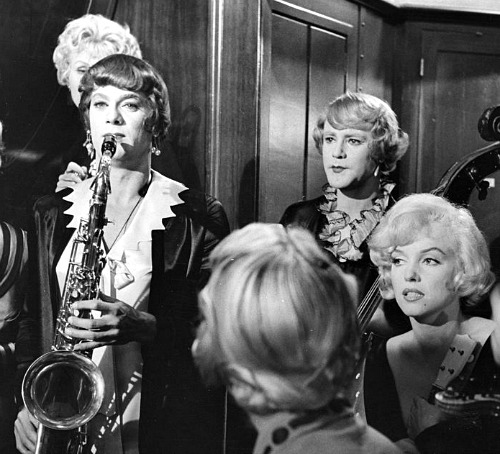
“Hey, Garbo never won, either. Monroe was never even nominated.” – Liz Smith, New York Social Diary
With awards season underway, Entertainment Weekly has named the 51 Greatest Performances Overlooked by Oscar – with Marilyn’s unforgettable turn as Sugar Kane in Some Like it Hot ranked fifth. (She did, however, win a Golden Globe for her role.)
“This film picked up several nominations for the men involved in making it, but there was no love for its lead actress that year—or any year. Maybe she was already too big a movie star. Maybe that blinded the Academy to a performance that was arguably the strongest ever from one of the 20th century’s most iconic stars. Monroe never got quite enough respect when she was alive, but there’s a reason she endures as a legend. Her ukulele-strumming Sugar Kane Kowalczyk almost tempts Tony Curtis and Jack Lemmon out of the feminine disguises they’ve donned to hide from the mob. Sugar captures the allure and effervescence of a sex symbol while showcasing the warmth and soulfulness of the woman beneath. How much of that is thanks to the actress herself, and how much is her acting? That’s why it’s a great performance—almost as good as Norma Jean’s portrayal of Marilyn Monroe herself.” —Anthony Breznican
The Guardian‘s Paul Howlett also nominates Some Like it Hot among 10 Films that Kids Will Love – and So Will You…
“It must be said that Curtis looks quite the part as Josephine, Lemmon less so as Daphne; though putting both in close proximity to 50s sex goddess Marilyn Monroe as the vulnerable singer Sugar Kane is a comic gift that keeps giving, with the lovestruck Joe and Jerry permanently on the verge of being discovered, permanently on the verge of revealing their true selves, as it were, to Sugar.
In the hands of director Billy Wilder, this is actually a sophisticated sex comedy with uncomfortable hints of voyeurism, but much of that will sail straight over younger heads, leaving plenty of innocent, laugh-out-loud gender-swap farce…’Nobody’s perfect’ is Osgood’s legendary last line, but this fizzy, scintillating film is pretty close to it.”
